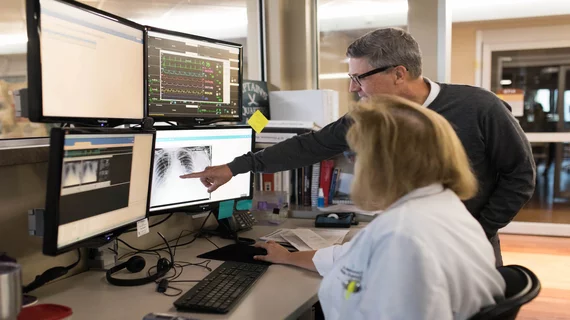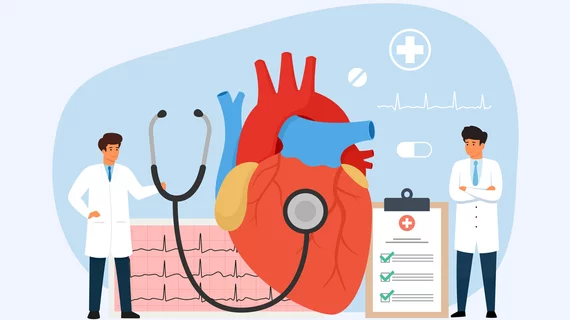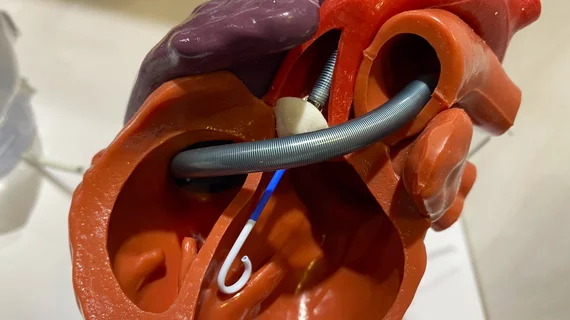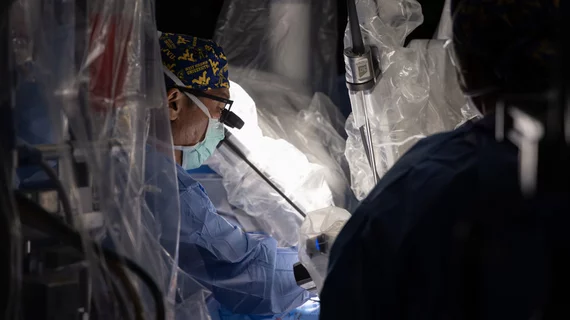Much of a cardiologist's work centers around the findings of imaging studies. It is important, therefore, for them to understand the cutting-edge science and landmark trials that inform todays practice, as well as tomorrows.ACC.10, taking place next week at in Atlanta, will feature many sessions devoted to cardiovascular imaging. Cardiologists use various imaging modalities in their daily work and can find sessions that explore the complementary roles of echo, nuclear medicine, CT and MRI. As reimbursement for certain imaging procedures wax and wane, and as the supply of nuclear medicine isotopes remains precarious, cardiologists must stay up to date on how these complementary imaging techniques can be substituted in times of need, with no loss of diagnostic confidence.In addition, cardiologists are well aware of the risks involved with certain imaging procedures. The ACC regularly issues evidence-based guidelines so cardiologists are armed with the safest and most current practices. Nevertheless, cardiovascular imaging has come under fire lately for a number of reasons including self-referral, inappropriate testing, excessive radiation exposure and scant evidence to support a techniques widespread adoption. Cardiologists can expect to find the right practice management sessions at ACC.10 that will help them navigate the sometimes complex world of imaging medicolegal issues.To get our daily news updates of education sessions from ACC.10 delivered to your inbox or mobile device, be sure youre signed up for Cardiovascular Business News at CardiovascularBusiness.com.




